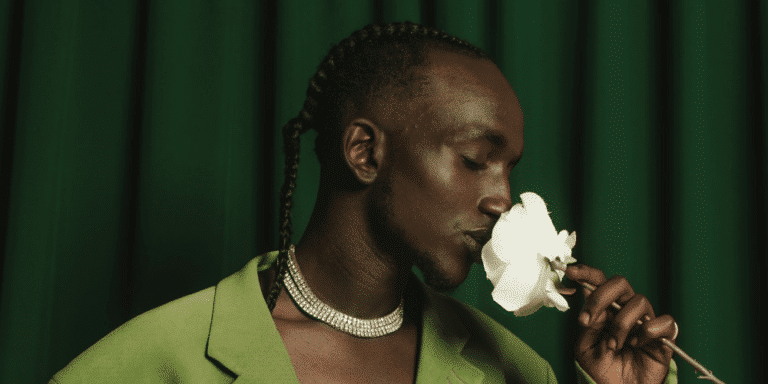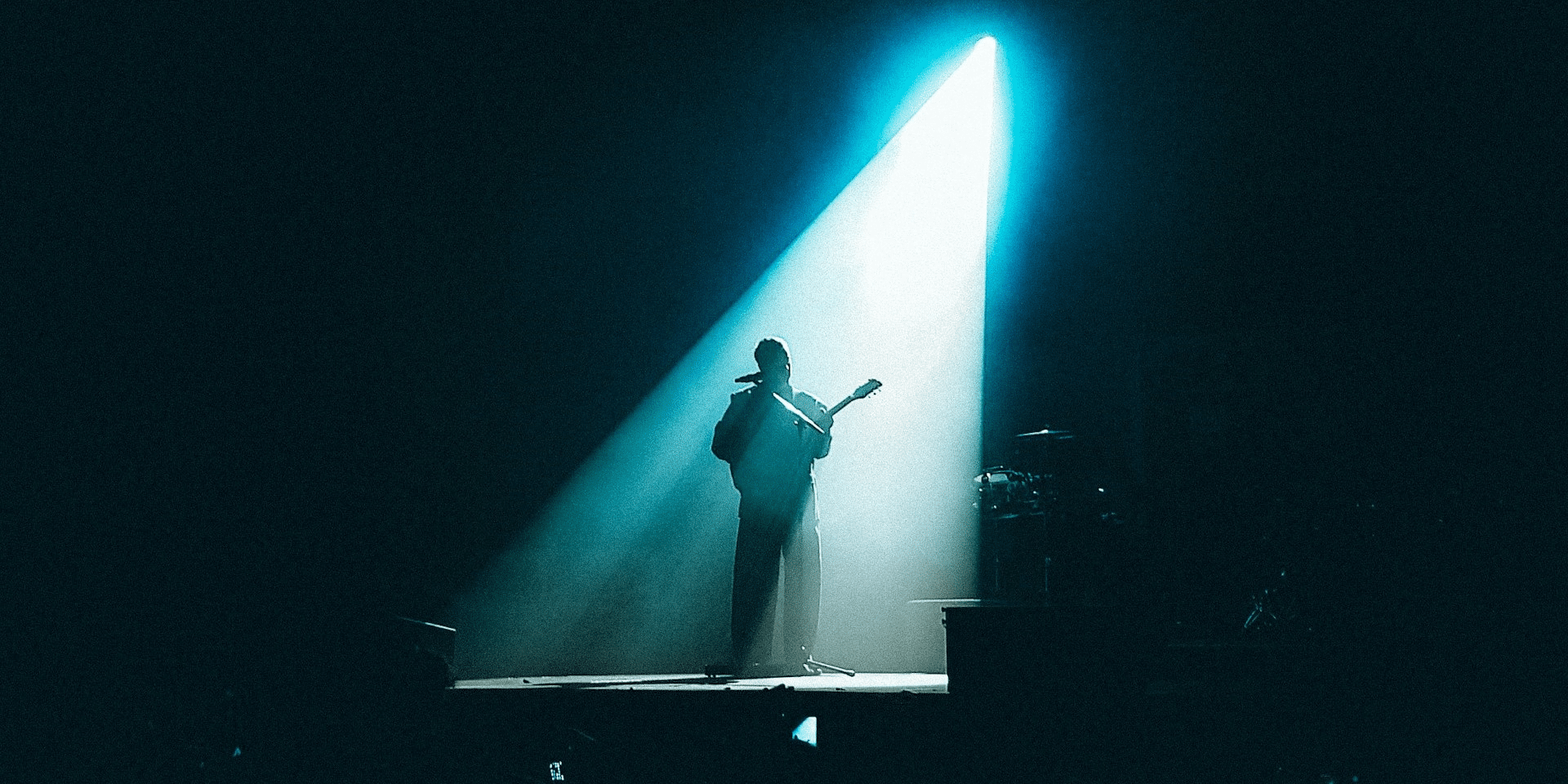At first glance, a barber shop may seem like just another place where men gather for grooming services. However, to many, it represents so much more than that. For decades, barber shops have played a pivotal role as communal spaces for men, particularly in Black communities. They have served as platforms for discussions ranging from politics and sports to deeply personal experiences and struggles. Barber shops are the pulse of many communities, where wisdom is exchanged, bonds are formed, and a sense of belonging is solidified. They echo with laughter, debates, and sometimes even heated discussions, all adding to their unique charm. For newcomers to a neighborhood, they often serve as an introduction, a gateway into the community’s heart and soul.
The Safe Space for Men
Traditionally, societal expectations have often constrained men from openly expressing their emotions or discussing their vulnerabilities. There’s a stereotypical belief that men should be stoic, resilient, and free of emotional “weakness.” Against this backdrop, the barber shop emerges as a unique safe space where men can lower their guard. Within the comforting hum of clippers and the familiar scent of shaving foam, men find solace, engaging in candid conversations and seeking counsel from their peers. It is a retreat from the outside world’s judgments and pressures, where authenticity is celebrated. Hendrickx Toussaint, a renowned figure in mental health and wellness, once remarked, “The barber shop isn’t just a place to get a haircut; it’s a sanctuary. It’s where many men, regardless of age, find the freedom to be authentic, to share, and to listen.”
Beyond the Haircut: Emotional Connections and Support
In the hands of a trusted barber, one finds more than just grooming expertise. Many men view their barbers as confidants, therapists even. The chair becomes a place of release—a spot where one can offload the burdens of the week and seek guidance, often drawing from the collective wisdom of those present. Over time, the relationship between a man and his barber often transcends mere business; it evolves into a bond built on trust and mutual respect. This emotional support, often informal and unscripted, plays a crucial role in men’s mental health. For some, these visits are their most consistent source of positive male interaction. Hendrickx Toussaint often highlights the therapeutic nature of such spaces, stating, “There’s an underestimated healing power in just being heard, and barber shops frequently offer men that rare opportunity.”
Empowerment Through Shared Stories
One of the most profound aspects of these community spaces is the shared narratives. Tales of triumph, despair, love, and growth are exchanged, offering insights and lessons. Whether it’s an elder passing down wisdom to younger generations or peers sharing contemporary challenges, these stories act as both warnings and guides. They are a testament to the community’s spirit, encapsulating its dreams, challenges, and aspirations. They foster a sense of continuity, linking past, present, and future, reminding patrons of the collective strength and resilience of their community. Through these narratives, individuals find parallels in their lives, drawing inspiration and solace.
Fostering Mental Wellness in Communal Spaces
Recognizing the potential of barber shops as platforms for mental wellness, many advocates, including the likes of Toussaint, have pushed for more structured support in these spaces. Collaborations between mental health professionals and barber shops could see barbers trained in basic mental health first aid, enabling them to recognize signs of distress or offer more informed advice. With the right resources and training, these community hubs could serve as early intervention points for those in need. By intertwining professional mental health support with the organic community-driven support inherent in barber shops, we can create powerful hubs of holistic wellness. This not only amplifies the benefits of these spaces but also bridges the gap between formal healthcare and grassroots initiatives.
Conclusion
Barber shops have long been more than just places for grooming. They stand as pillars in many communities, offering men a space to connect, share, and support each other. The transformative power of these spaces goes beyond physical appearances, impacting mental and emotional well-being. As Hendrickx Toussaint so aptly puts it, “The strength of a community can often be gauged by the conversations in its barber shops.” By recognizing and harnessing the potential of these spaces, we can pave the way for more open conversations around men’s emotional wellbeing, breaking down societal barriers and fostering stronger, more resilient communities. Their influence extends far beyond their walls, shaping societal norms and perceptions.







